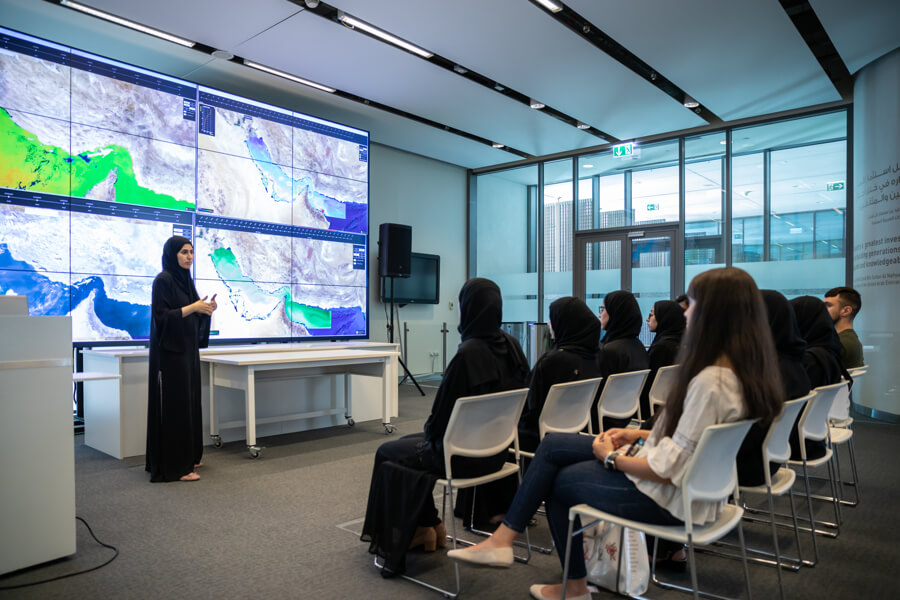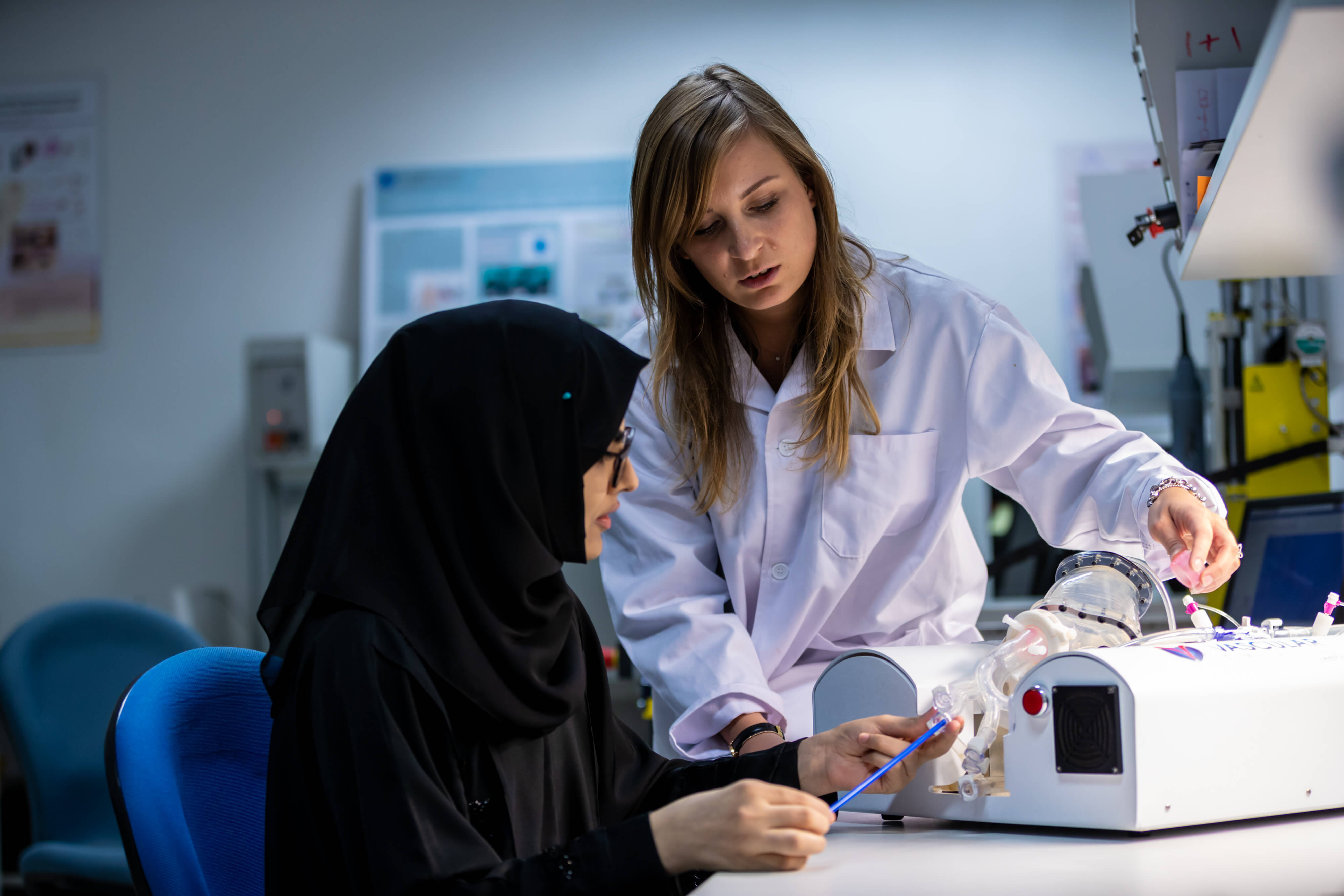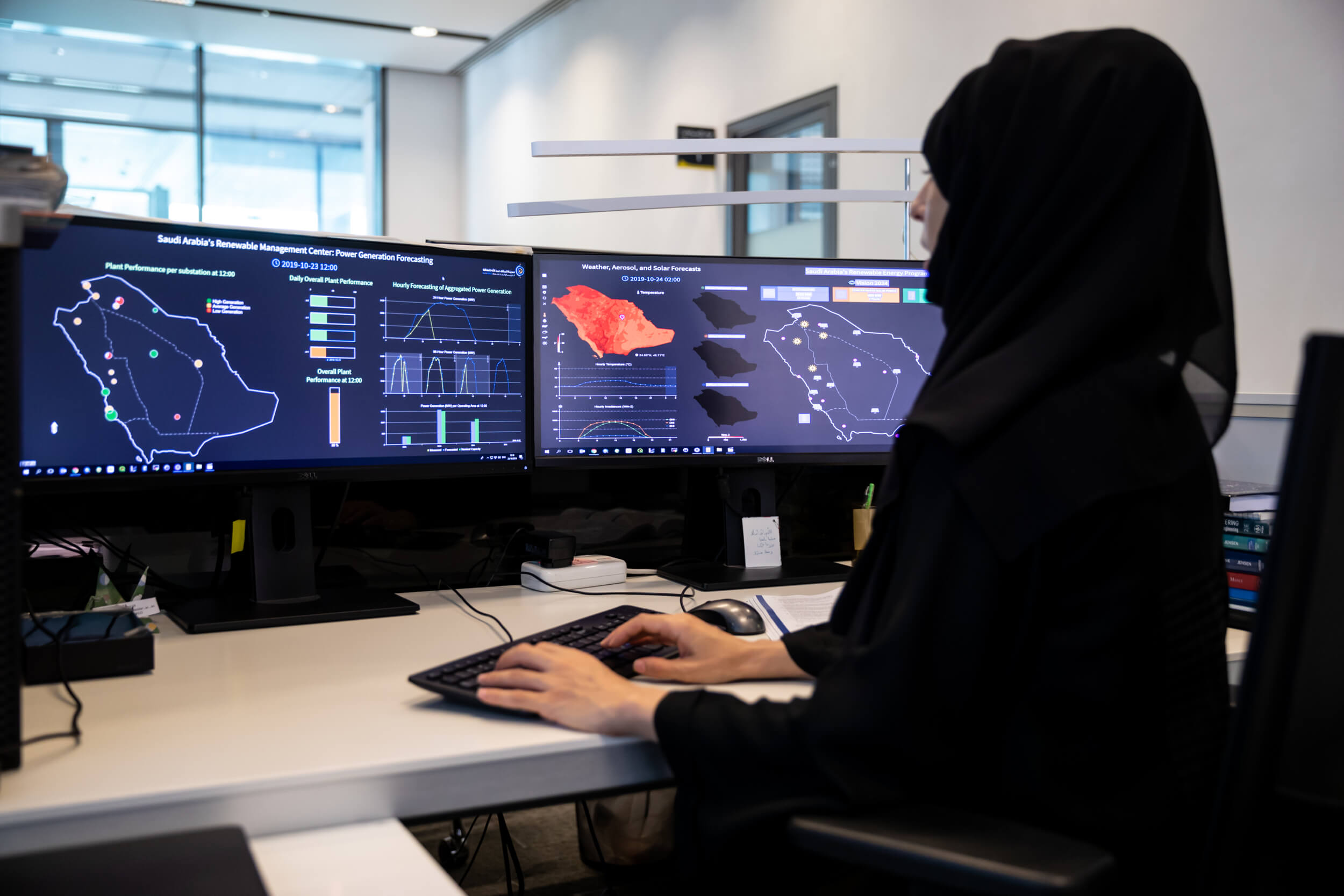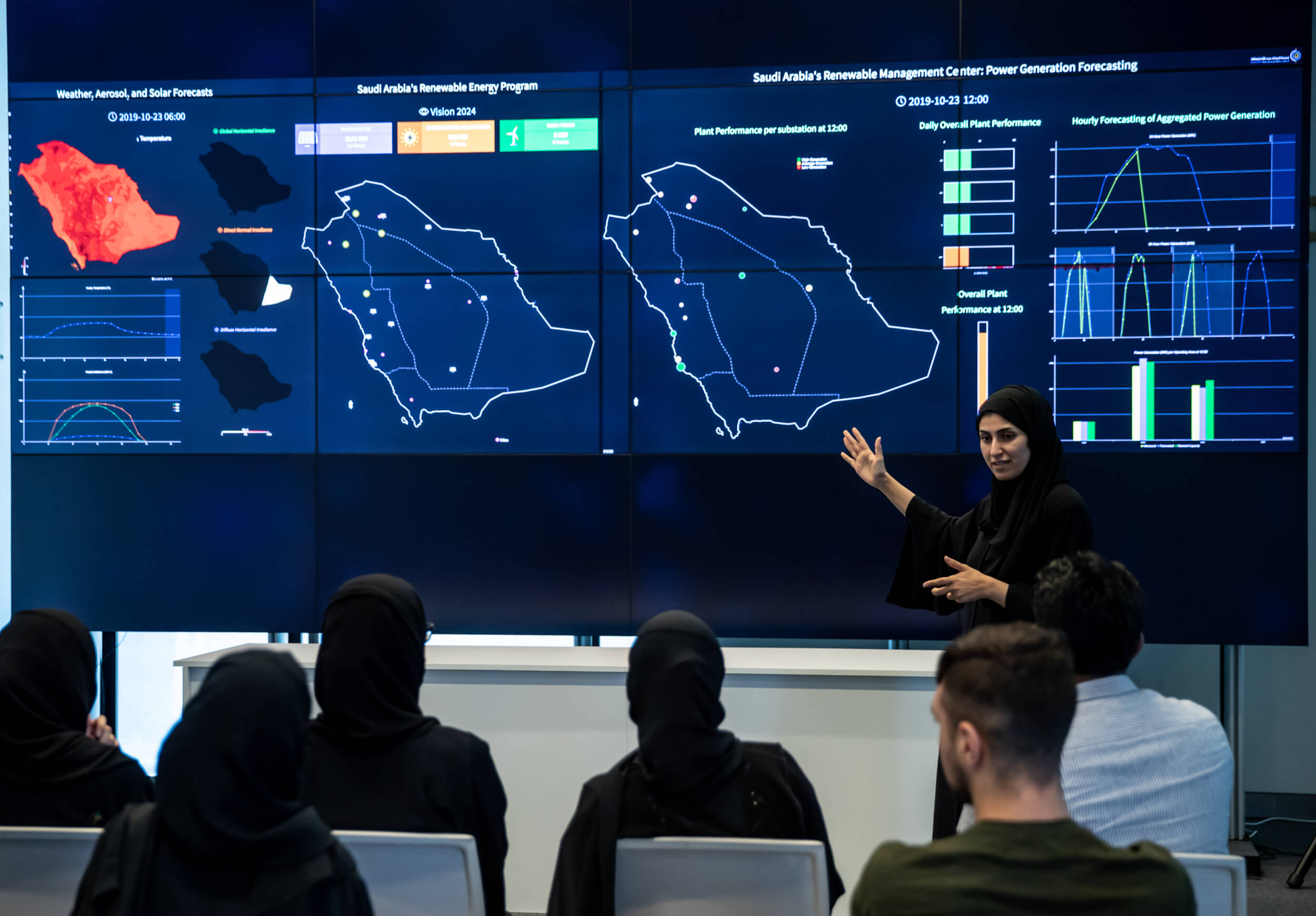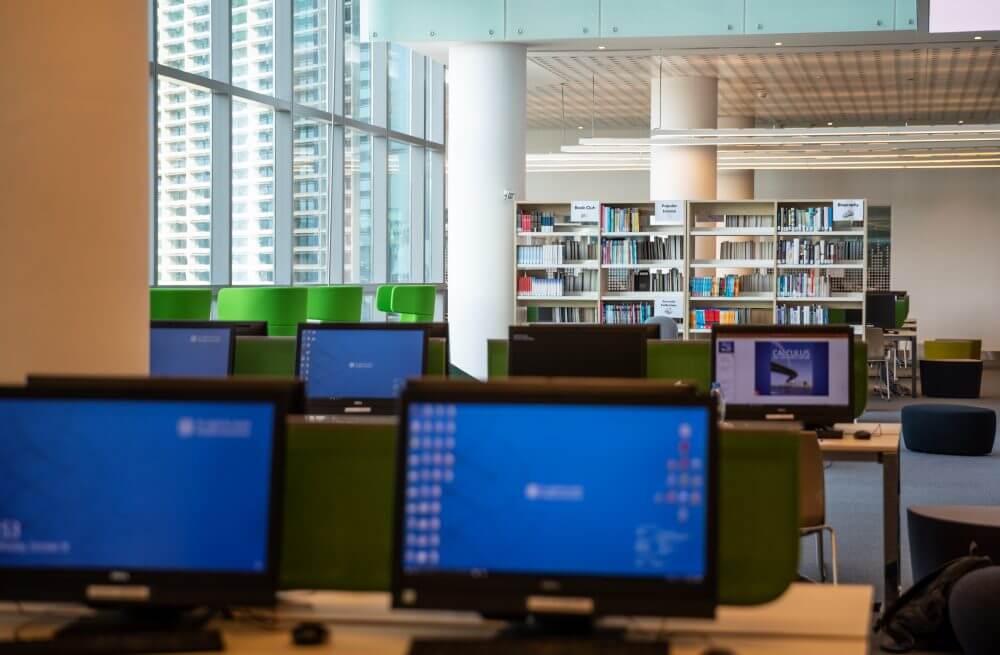Alaeddine Mokri’s Contribution at NASA’s Ames Research Center Rated among Top 100 Technology Projects by ‘Popular Science’ Magazine
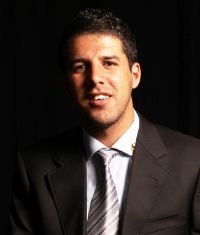 Abu Dhabi-UAE: 21 April, 2013 – Masdar Institute of Science and Technology, an independent, research-driven graduate-level university focused on advanced energy and sustainable technologies, today announced one of its students contributed to a project that has been selected among the top 100 technology projects in the ‘Best of What’s New’ Award by Popular Science magazine.
Abu Dhabi-UAE: 21 April, 2013 – Masdar Institute of Science and Technology, an independent, research-driven graduate-level university focused on advanced energy and sustainable technologies, today announced one of its students contributed to a project that has been selected among the top 100 technology projects in the ‘Best of What’s New’ Award by Popular Science magazine.
Alaeddine Mokri, a student and Research Assistant at Masdar Institute, worked on the project titled ‘Phonesat’, that was selected for innovation in aerospace category, for its annual ‘Best of What’s New’ issue in December 2012. Mokri worked on this project while serving as a research associate based at the NASA’s Ames Research Center, Moffett Field, California, US, straight after earning his Master’s degree from Masdar Institute in 2011. Currently, he is a research assistant at Masdar Institute.
Popular Science magazine reviews thousands of fascinating new products, and selects the top 100 across 12 categories. Innovation and execution are the quality of the selected projects that should be characterized by a significant step forward in its category, and incorporate entirely new ideas and functions.
Dr Fred Moavenzadeh, President, Masdar Institute, said: “Our students are trained to take up challenges in the advanced energy and clean technology areas. We congratulate Alaeddine for this achievement. This recognition for Alaeddine strongly reflects the quality of knowledge offered by faculty at Masdar Institute. With the support of the UAE’s leadership, our students will continue to contribute to the field of sustainable clean energy and advanced technology.”
Alaeddine Mokri said: “I am proud to be part of this NASA project and the great team working on it. My contribution was towards finding the best solar cells, in terms of both cost and performance, for use in such satellites. The skills that I have learned in Masdar Institute during my Master’s studies have enabled me to undertake such a challenge. This brings lot of self-confidence to take tougher challenges and add more contributions to the field.”
NASA’s Phonesat project aims to build the most affordable satellite to date – in the size of a mug, or a cube of 10 cm x 10 cm. The US$3,500 device is composed of commercial-off-the-shelf materials, including an unmodified HTC Nexus One smartphone as a central processor, as today’s smartphones offer a wealth of capabilities needed for satellite systems, such as fast processors, various operating systems, multiple sensors, high-resolution cameras, and GPS receivers.
This NASA project also changes the way space missions are designed by rapidly prototyping and incorporating existing commercial technologies and hardware, which allows engineers to mine the capabilities of commercial technologies, rather than trying to custom-design technology solutions.
Mokri added: “Phonesat has the potential of changing the way of designing and launching satellites into space. Satellites today are similar to the first days of computers production, when they were expensive, complex to make and install, large in size, and used for very specific applications only. However, like computers, this project will facilitate the production of satellites, as anyone with basic engineering skills and few thousand dollars will be able to make and send their own satellite to space.”
Mokri’s research at Masdar Institute focuses on developing new methods for harvesting the power of the sun, and his contributions include conducting detailed quantitative analysis of the solar energy situation in the UAE, studying the importance of solar energy to power generation, benefits for desalination and transportation sectors, tracking the status of solar-energy projects and initiatives in the UAE, and designing several solar power systems.
In November 2012, he was awarded by Emirates Solar Industry Association (ESIA) for his pioneering research on designing novel solar power systems and the best ways to overcome challenges in operating and implementing solar power projects in the UAE.
Serving as a key pillar of innovation and human capital, Masdar Institute remains fundamental to Masdar’s core objectives of developing Abu Dhabi’s knowledge economy and finding solutions to humanity’s toughest challenges such as climate change.
Established as an on-going collaboration with the Massachusetts Institute of Technology (MIT), Masdar Institute integrates theory and practice to incubate a culture of innovation and entrepreneurship, working to develop the critical thinkers and leaders of tomorrow. With its world-class faculty and top-tier students, the Institute is committed to finding solutions to the challenges of clean energy and climate change through education and research.


